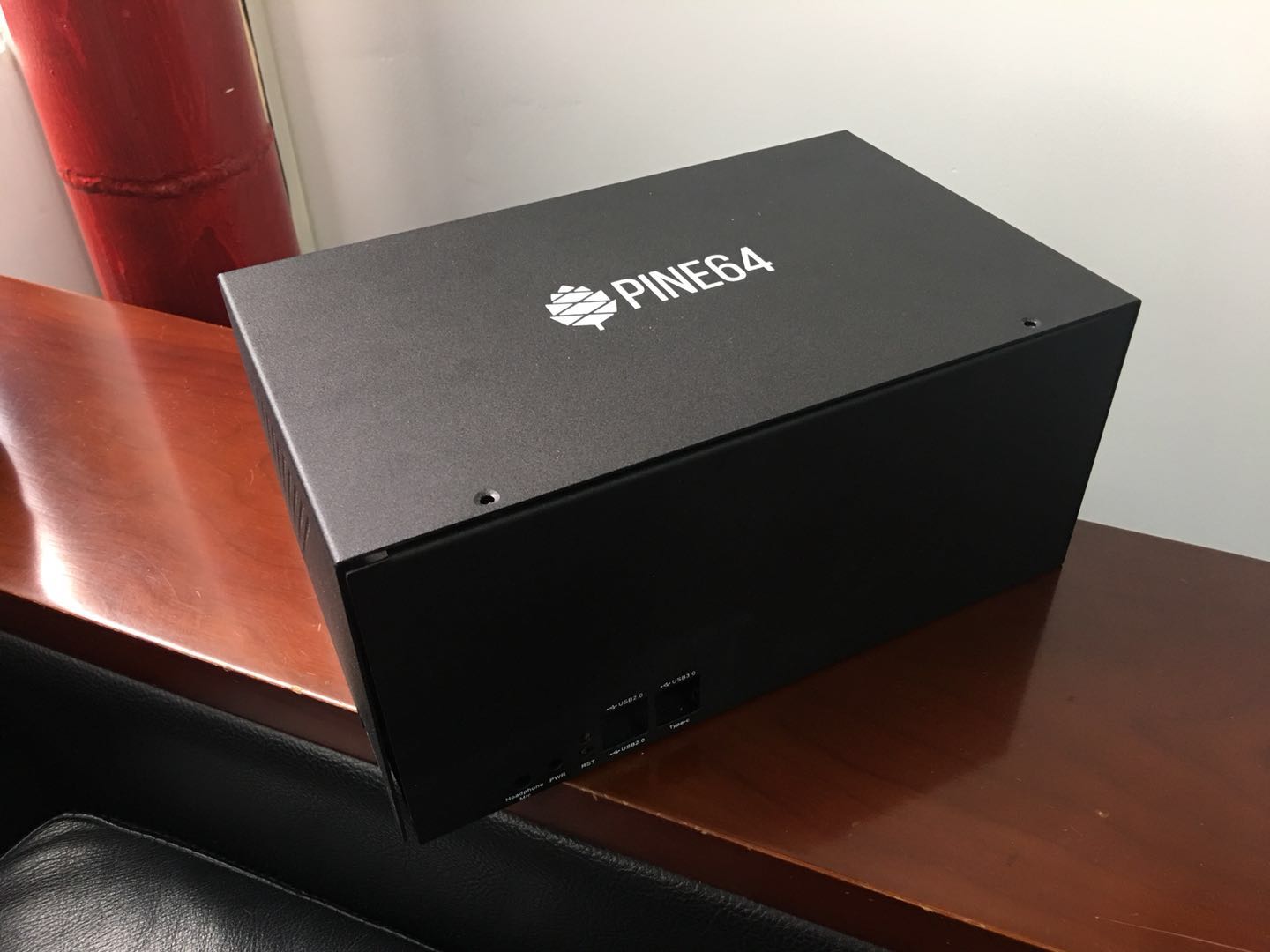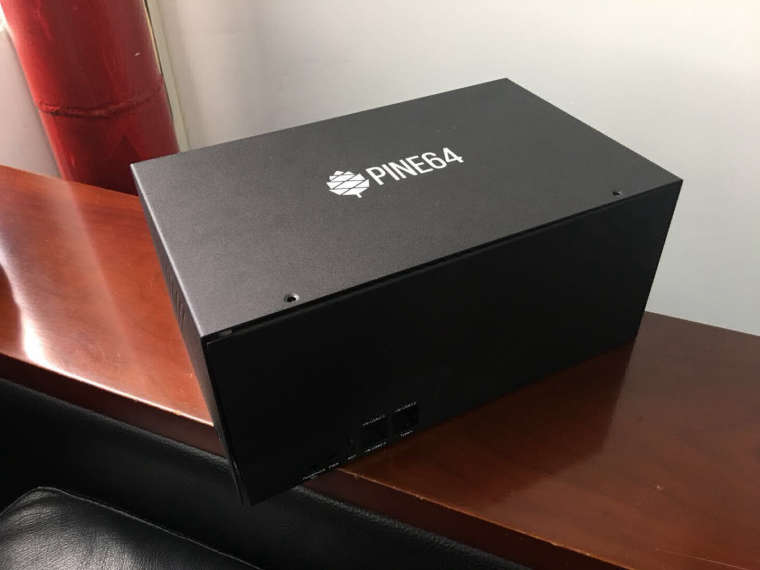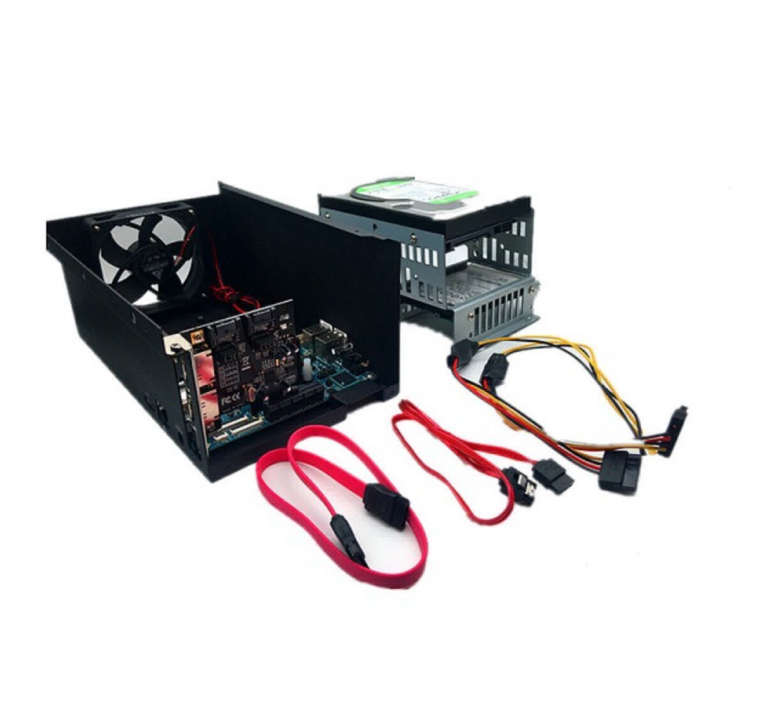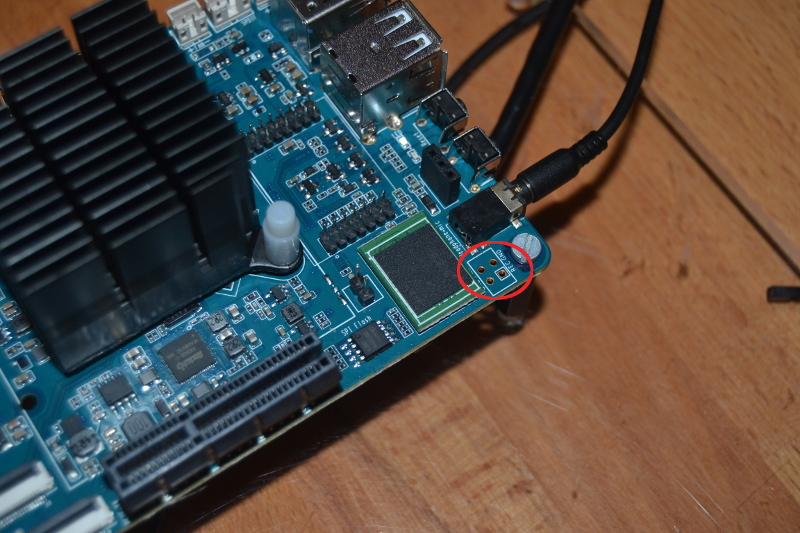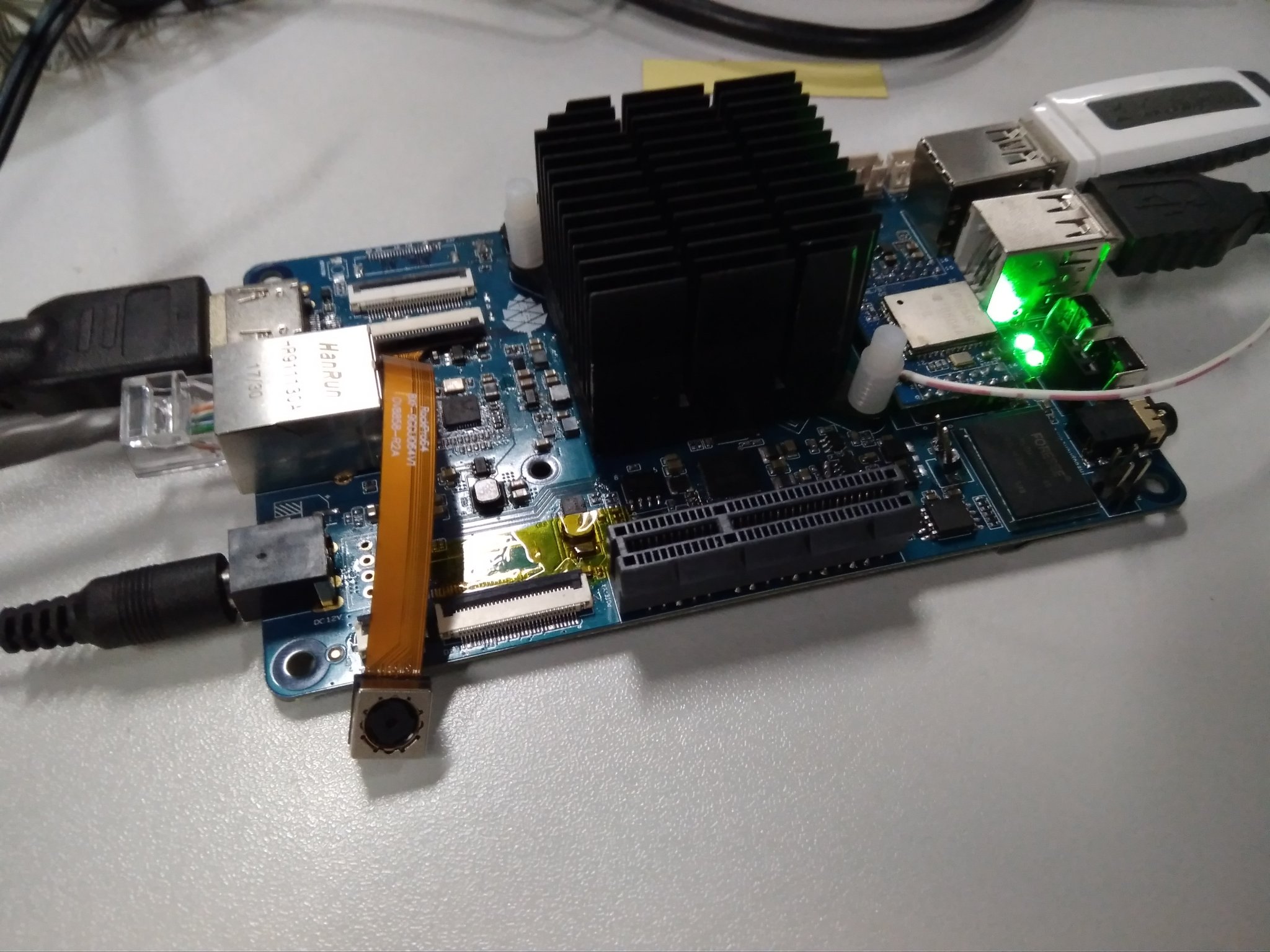NAS/Server/Desktop Gehäuse
Hardware
6
Beiträge
1
Kommentatoren
2.6k
Aufrufe
-
-
Der Preis für das Gehäuse beträgt 44,99$
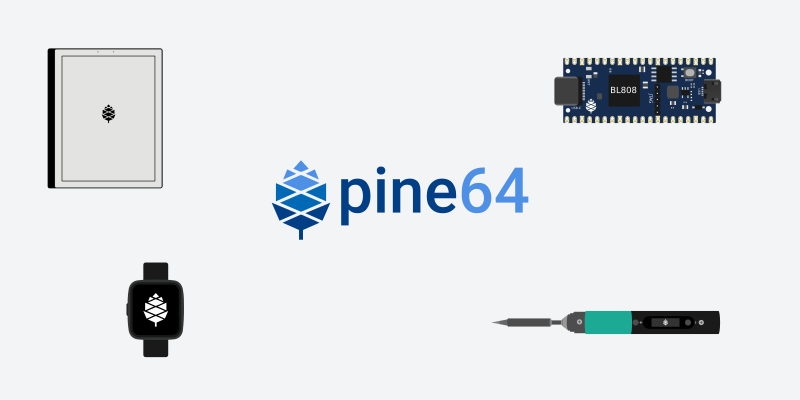
PINE64 Community
PINE64 is a large, vibrant and diverse community and creates software, documentation and projects. Founded in 2015, it is known for affordable devices that promote user freedom.

PINE64 (www.pine64.org)
-
Paar Bilder von rookieone.
-
-
-
-
ROCKPro64 - Armbian - Boot Ausgabe ändern
Verschoben Armbian -
-
-
-
